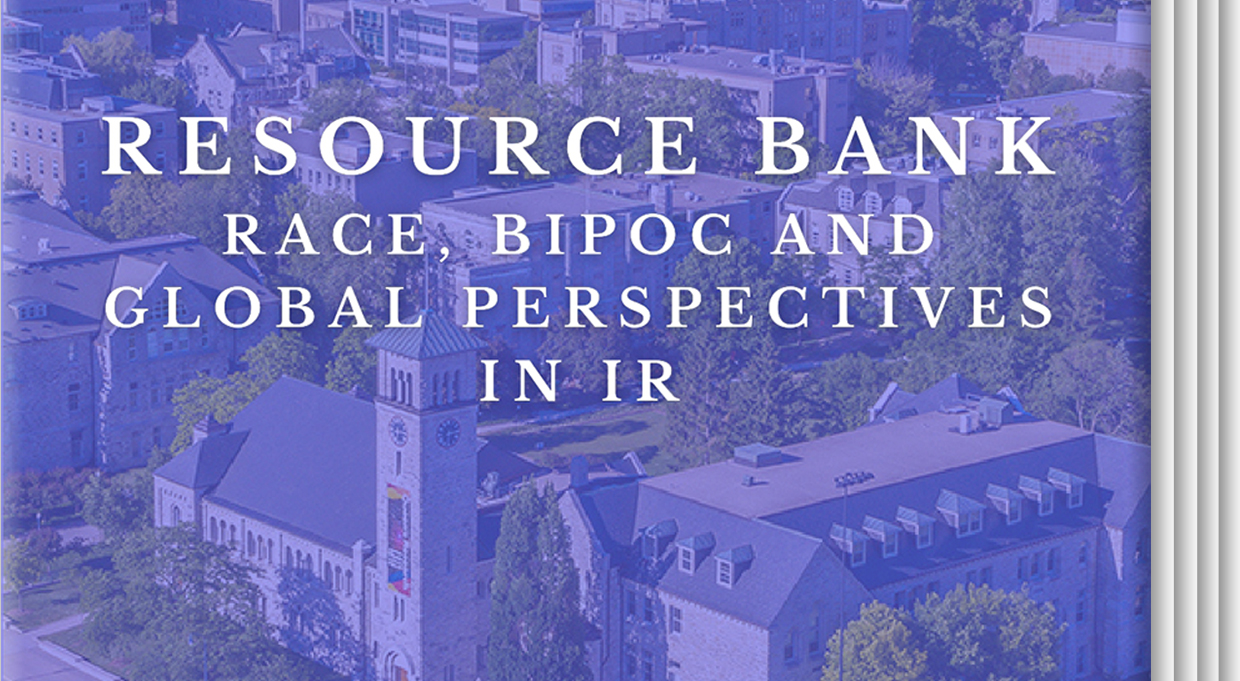The Resource Bank on Race, BIPOC and Global Perspectives in International Relations (IR) was launched last week under Queen’s teaching resources.
The Resource Bank is a collaborative effort between graduate students and faculty in the International Relations branch of the Political Studies department. The bank is a PDF source available on onQ as a course for accessibility of materials.
The tool is living document that will be developed on an ongoing basis, Stéfanie von Hlatky, Faculty of Arts and Science associate dean (research) said in an interview with The Journal.
“We’re calling it a living document, because with feedback from our own community—and the external community, now that the resources are online—we want to do annual updates to the tool so it stays current,” she said.
The course was “soft launched” on Feb. 16 and “hard launched” last week when the onQ page went live, von Hlatky said. It was formally announced in a graduate course session called “Race and International Politics.”
When designing the bank, students and faculty tried to remove any barriers professors or students might have in diversifying their sources for their research activities and teaching activities, von Hlatky said.
The bank aims to break down questions about decolonizing curriculum, systemic racism and discrimination in academia, and explain how to address these questions constructively.
“There was a recognition on behalf of all of us that we needed to update the curriculum in international relations and international politics,” von Hlatky said.
“We have to come up with what we consider to be the canon in international relations.”
Looking at the current reading list, von Hltaky said she and her colleagues felt it needed an update in relation to conversations and debates going on in the field spurred by the Me Too and Black Lives Matter movements.
“It really felt like a moment to think about how to disrupt the status quo in a constructive way,” she said.
“It’s something we would do anyway, in terms of regularly updating curriculum and reading lists for graduate exams and doctoral examinations […] but in that moment, there were some particularly strong forces at play, which made a more fulsome exercise necessary.”
Von Hltaky said faculty created research assistantships surrounding the banks to “meaningfully” involve graduate students in the initiative.
Badriyya Yusuf and Fikir Haile, two Political Studies PhD candidates, explained their efforts towards establishing the Resource Bank from a student perspective.
Yusuf told The Journal how, while brainstorming ideas for the bank, there were questions brought up on how to decolonize knowledge in the field of International Relations.
“In many instances, you might find the traditional scope of International Relations does not fit with some Global South perspectives,” Yusuf said in an interview.
While this is not a new discussion, factors around the world such as the Black Lives Matter movement brought the conversation back to the forefront, she added.
Stéphanie Martel, assistant professor in the Political Studies department, contacted Yusuf to come onto the project.
“Right from the get-go, I was on the project—how to put it together and what references to cite,” Yusuf said. “It was basically a research assistantship that was given to me to look into compiling all that together in one document.”
Haile joined the project following the work Yusuf had done, taking over the role as project manager.
“Before we decided to launch [the Resource Bank], we did consult with other folks in the field that are doing this work to receive their feedback before officially launching it,” Haile said.
She said the Resource Bank is not intended to be “static,” but “dynamic.”
The team strived to take an anti-colonial and anti-racist approach to the project, given the larger conversations unfolding in the discipline of International Relations for a “very long time,” Haile explained.
“There were really strong calls for making our curriculums, schools and disciplines more equitable.”
Haile said efforts have been rising over years—both at Queen’s and within the discipline more broadly—to make them more “open, pluralistic, and welcoming” spaces.
Tags
BIPOC, Decolonization, Equity, political studies
All final editorial decisions are made by the Editor(s)-in-Chief and/or the Managing Editor. Authors should not be contacted, targeted, or harassed under any circumstances. If you have any grievances with this article, please direct your comments to journal_editors@ams.queensu.ca.

